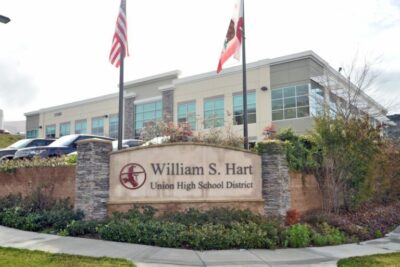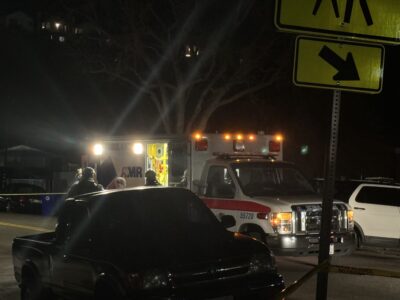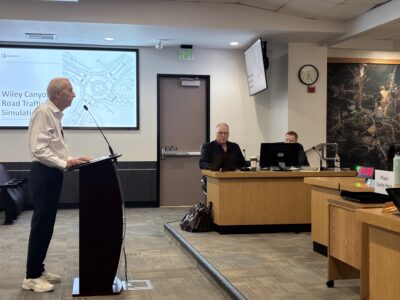Ever wonder why a Five Guys burger in California costs 15% more than in Arizona? Neil Fitzgerald, writing in The Signal (April 12), blames Democratic policies, especially taxes. But a letter by Christopher Lucero published April 19 pushes back, saying it’s more about economics — think sky-high real estate, a booming economy, coastal geography, top-notch public services, and pricey imports. Policies play a role, sure, but they’re not the whole story. Then there’s the state’s messy finances: a $2 billion budget deficit for 2025-26 (at the time), $24 billion in untracked homelessness funds, Medi-Cal overspending with fraud risks, and fumbles in programs like high-speed rail and COVID-19 relief. So what’s driving these costs, using hard data to keep it real?
California’s price tags start with basic economics. In places like L.A., land’s scarce, demand’s through the roof, and that jacks up home prices and shop rents. Higher rents mean pricier burgers and coffee. The state’s economy is a beast — tech bros and Hollywood stars keep the cash flowing, drawing more people and pushing costs higher. Being on the coast doesn’t help; importing stuff and moving it around costs a fortune. And those nice parks, clean air and solid roads? They’re funded by taxes, which Californians seem happy to pay for. All this explains why your wallet hurts more here than in, say, Arizona.
The state’s money situation is a bit of a circus. The Legislative Analyst’s Office (as of this writing) says we’re looking at a $2 billion deficit for 2025-26, but they call it “roughly balanced” thanks to $7 billion in extra revenue. Last year, they tackled a $46.8 billion deficit with $11 billion in cuts, $5.5 billion in new taxes, and a $7 billion dip into reserves. But here’s where it gets messy: Audits show California’s been sloppy. From 2019 to 2024, $24 billion for homelessness — think grants and general fund cash — wasn’t properly tracked, and 2024-25 funds are at risk, too (California State Auditor, 2024; California Budget & Policy Center, 2024). Federal audits flagged $319.5 million in homelessness money that could’ve been fraudulent (CalMatters, 2024). Medi-Cal’s a mess, too, with potential hospice scams and $4 billion in sketchy payments from 2018-2020, plus a $6.2 billion shortfall last year (California State Auditor, 2022; California State Auditor, 2020; CalMatters, 2025).
Other programs are bleeding cash. The high-speed rail’s price tag ballooned past $100 billion, and $4 billion in federal funds are under scrutiny for waste (California State Auditor, 2020; Issues & Insights, 2025). COVID-19 relief — $71 billion for testing and aid — had zero oversight (California State Auditor, 2021). The Department of Health Care Services once forgot to deposit a $874,707 check from L.A. County because of bad training and weak controls (California State Auditor, 2024). And get this: the Board of Registered Nursing faked data in 2018 to fool auditors about investigator workloads, delaying nurse discipline just to save face (California State Auditor, 2024). Screw-ups like these mean higher taxes or fewer services, hitting taxpayers and businesses hard.
New laws aren’t helping. A 2025 payroll tax hike adds $21 per employee to cover unemployment insurance debt, thanks to $33 billion in pandemic-era fraud (Senator Brian Jones, 2025). Senate Bill 951 (2022) bumps up paycheck withholding — $100 more for someone earning $100,000 — which makes hiring pricier (Sen. Brian Jones, 2025). Gas price rules starting in 2025 could add 90 cents a gallon, driving up shipping costs (Jones, 2025). And with an 8.84% corporate tax rate — one of the highest in the U.S. — businesses are feeling the squeeze (Jeremy B. White, 2024). Small shops especially get hit with higher costs.
So, what does this mean for regular folks and businesses? High real estate and import costs make everything — rent, groceries, gas — more expensive. That $2 billion deficit and untracked billions could lead to more taxes or slashed services. Mismanaged programs mean less bang for your buck, hurting taxpayers and businesses alike. Small businesses deal with late payments, higher taxes and more risks, while big companies just pass costs to you, making that Five Guys meal sting more.
California’s crazy prices come from two big forces: economics (insane real estate, a hot economy, coastal costs, and nice public services) and policy screw-ups (a $2 billion deficit pending audit, missing billions for homelessness and Medi-Cal, and botched programs like high-speed rail and COVID relief). New taxes add more weight.
If California wants to keep its vibe without breaking the bank, it’s gotta tighten up its finances while keeping the stuff we love.
That’s the only way to make life here less of a wallet-killer.
Nancy Fairbanks
Valencia











